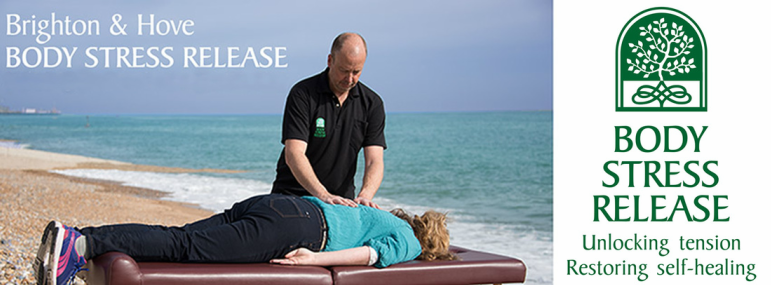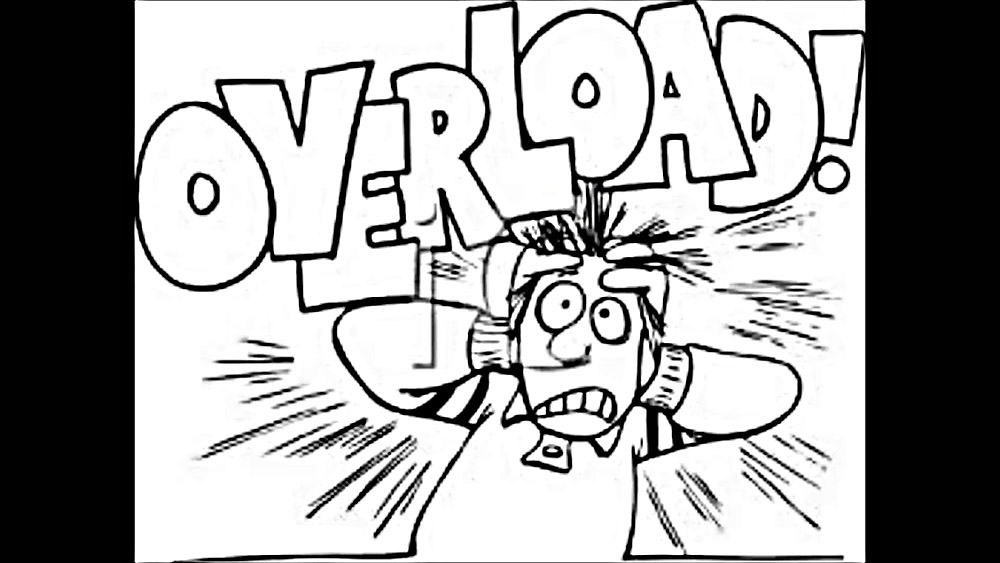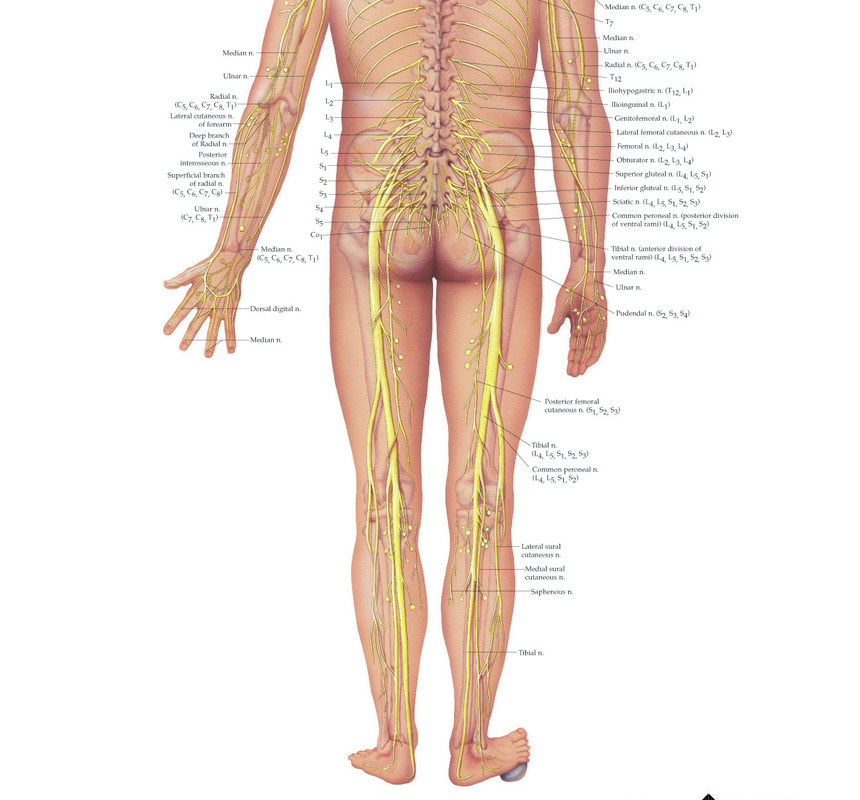
The following is an extract from my recent talk for Hove Stress Busters.
"The word 'stress' normally has negative connotations, however, Stress can be and is positive. We all need positive stress in our life's. It is one of our vital warning signs, within our bodies system producing the "fight or flight" response, in which chemicals kick in & send blood to the correct parts of the body, for survival, feeding our muscles in readiness to react, fight or run away from dangers present.
Positive stress also provides us with challenges to stimulate the brain & body.
It gives us the incentive to get out of bed each morning, give us purpose in our lives, and to achieve daily, however that may be. It is our motivation.
For example, an athlete who trains, needs positive stress to improve their performance. they need correct exercise & rest, to improve their physical abilities,and for they're muscles to develop & strengthen, as well as the positive stress of competition so they can achieve their goals.
So, not all stress is harmful, in that we require a certain level of stress to promote growth and evolution by the way of repeated positive adaptations. Lack of positive stress is a contributor towards a lack of fulfillment, which can lead into depression.
Stress, however, becomes bad for you when the amount of stress increases to a level that which you can no longer adapt to. At this point you have reached stress overload.
"The word 'stress' normally has negative connotations, however, Stress can be and is positive. We all need positive stress in our life's. It is one of our vital warning signs, within our bodies system producing the "fight or flight" response, in which chemicals kick in & send blood to the correct parts of the body, for survival, feeding our muscles in readiness to react, fight or run away from dangers present.
Positive stress also provides us with challenges to stimulate the brain & body.
It gives us the incentive to get out of bed each morning, give us purpose in our lives, and to achieve daily, however that may be. It is our motivation.
For example, an athlete who trains, needs positive stress to improve their performance. they need correct exercise & rest, to improve their physical abilities,and for they're muscles to develop & strengthen, as well as the positive stress of competition so they can achieve their goals.
So, not all stress is harmful, in that we require a certain level of stress to promote growth and evolution by the way of repeated positive adaptations. Lack of positive stress is a contributor towards a lack of fulfillment, which can lead into depression.
Stress, however, becomes bad for you when the amount of stress increases to a level that which you can no longer adapt to. At this point you have reached stress overload.

So what happens when you become overloaded with stress? Our bodies go into a 'fight or flight' response, hormones are triggered that raise our heart and breathing rates. Our muscles tense and oxygen is increased to the brain. This is natural, but if the stress continues your body keeps it's stress levels up far longer than is needed for survival and the tightened muscles do not then relax
When we have too much stress, beyond our ability to deal with it, this becomes stored into our bodies as lines of tension or body stress.
The stress then becomes locked into our muscles, which lay above the body's vital nerves. This disrupts the nervous system's communication with the brain, and prevents the body functioning at it's optimum level. We are all designed to be self healing. For example, if you cut your finger, after a period of time it will heal naturally. If the body's communication system is disrupted,the efficiency of your body's natural self-healing ability is impaired.
The most important area which can be affected by body stress is the spine and the nerves that radiate from it. If stress is stored in the muscles that sit over the neck area, this can lead to headaches/migraines, tense shoulders, stiff necks and pins & needles or numbness in the arms.
If the body stress is stored over the lower back or lumbar area, this can lead to back problems, sciatica, cramps in the legs, and numbness in the feet.
When we have too much stress, beyond our ability to deal with it, this becomes stored into our bodies as lines of tension or body stress.
The stress then becomes locked into our muscles, which lay above the body's vital nerves. This disrupts the nervous system's communication with the brain, and prevents the body functioning at it's optimum level. We are all designed to be self healing. For example, if you cut your finger, after a period of time it will heal naturally. If the body's communication system is disrupted,the efficiency of your body's natural self-healing ability is impaired.
The most important area which can be affected by body stress is the spine and the nerves that radiate from it. If stress is stored in the muscles that sit over the neck area, this can lead to headaches/migraines, tense shoulders, stiff necks and pins & needles or numbness in the arms.
If the body stress is stored over the lower back or lumbar area, this can lead to back problems, sciatica, cramps in the legs, and numbness in the feet.



 RSS Feed
RSS Feed
